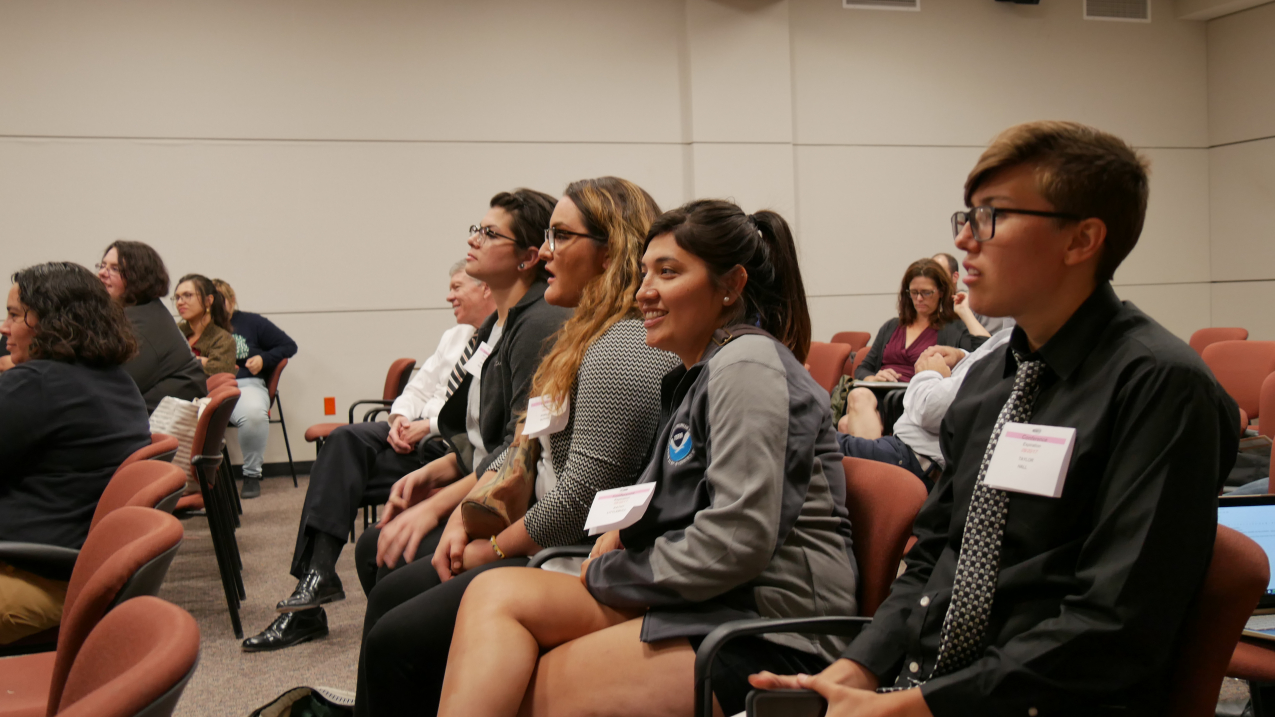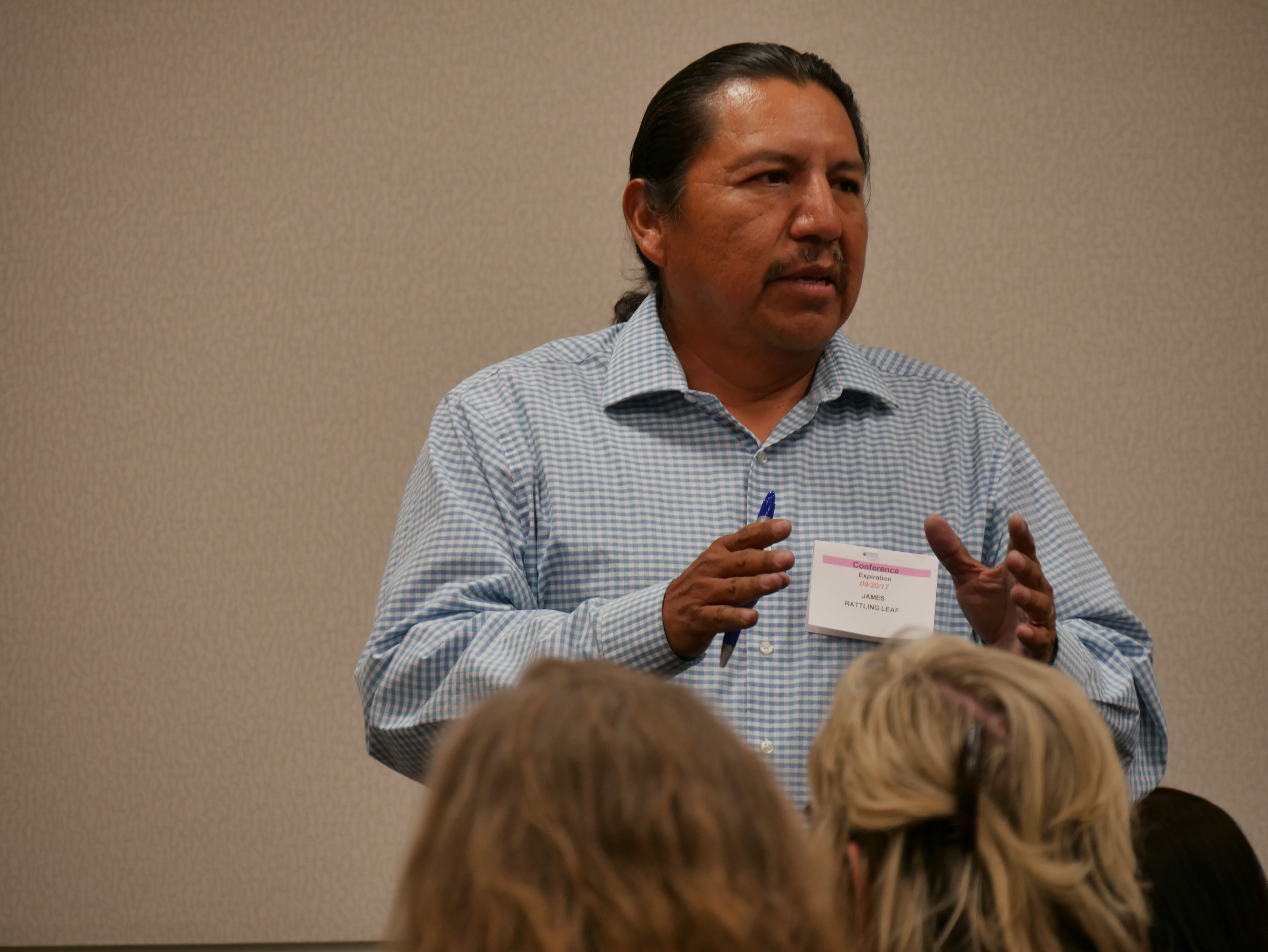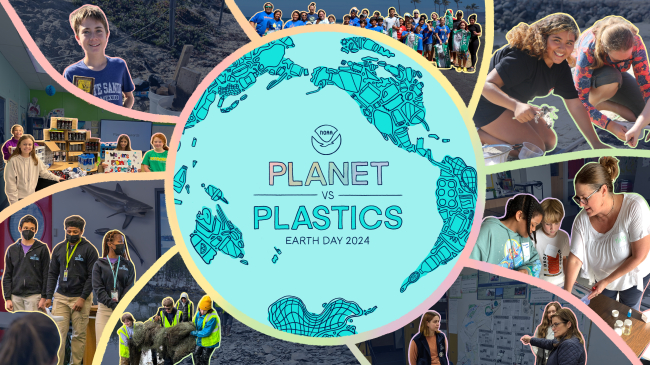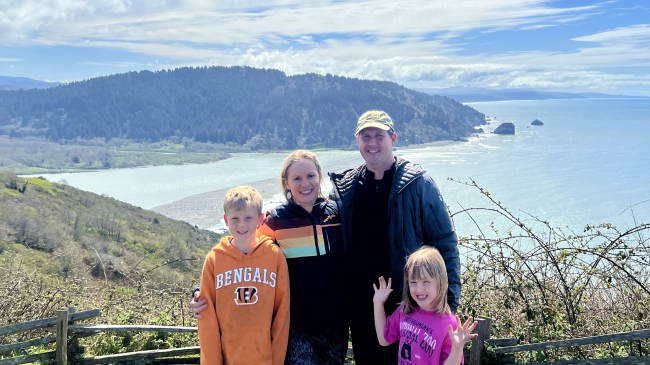In the cultures and traditions of many indigenous peoples around the world, humans are deeply connected with nature. Because of this intimate relationship, Native groups are recognized as vital stewards of our environment. Tribal Colleges and Universities foster this indigenous knowledge, and NOAA is embracing their role as valuable partners in environmental research and management. In addition to serving as a bridge between indigenous knowledge and NOAA science, Tribal Colleges and Universities are resources for achieving a diverse and talented workforce at NOAA.

The NOAA office in Boulder, Colorado, hosted a Tribal Colleges and Universities Science Day in coordination with the 40th annual American Indian Science and Engineering Society conference. (Image credit: NOAA)
On September 20, 2017, the NOAA office in Boulder, Colorado, hosted a Tribal Colleges and Universities Science Day in coordination with the 40th American Indian Science and Engineering Society annual conference held in Denver. The event brought together students from six Tribal Colleges and Universities: Fond du Lac in Wisconsin, Haskell in Kansas, Leech Lake in Minnesota, Northwest Indian College in Washington, Nueta Hidatsa Sahnish in North Dakota, and Sinte Gleska in South Dakota.

Students toured the NOAA facility and met with senior scientists to learn about NOAA science relating to extreme weather and the impacts of wildfires on climate. They also learned about student opportunities at NOAA, such as the Educational Partnership Program with Minority-Serving Institutions and NOAA Hollings Scholarship. In turn, NOAA learned about issues that need to be considered when developing long-term plans for recruiting and retaining tribal college students in NOAA careers. The students’ barriers include cultural issues, such as leaving their home and community for a 10-week internship, and concerns about how students from lower-income universities might measure up to other applicants.
Immediate feedback on the whole day was positive. Thayne Yazzie of the Northwest Indian College said, “Thank you so much for the wonderful opportunity to join in the NOAA Tribal Science Day! I had an absolute blast and look forward to future opportunities as well as integrating more students and tribal youth into your programs.” Overall, NOAA hosts and their guests from Tribal Colleges and Universities alike came away with knowledge and connections as they joined forces to bring indigenous backgrounds and knowledge to bear on the environmental problems we all share.
This story was originally published as part of the 2017 NOAA Education Accomplishments Report.



